Hingham Football Cancels Duxbury Game in Response to Anti-Semitic Language on the Field
Former coach of the Duxbury football team, Dave Maimaron, was recently fired after news of anti-semitic language within the team broke out.
March 29, 2021
“Can any of you imagine a sports culture so toxic that a halfback pass is casually named after a place where more than one million innocent Jewish people were murdered by Nazi’s?”
Hingham parent Chad Dale made this comment in a recent email to the Hingham School Committee, urging for action by the Athletic Partnership following news of anti-Semitic language from the Duxbury Football team this past week.
The New England Anti-Defamation League explains that the team used the terms “Auschwitz,” “rabbi,” and “dreidel” as code-words for last-minute plays in a game against Plymouth North on March 12. Many Hingham and Duxbury residents were exceptionally disappointed in this hurtful language especially as the Jewish Passover holiday approaches.
After a detailed investigation into the recent behavior of the team, former Head Coach Dave Maimaron has now been fired, and Hingham has canceled the upcoming game against this rival town.
While Maimaron now expresses regret and explains, “Using the term was careless, unnecessary and most importantly hurtful on its face–inexcusable,” members of the community insisted on canceling the Hingham game.
Junior Willa Davis, a member of several social justice groups at the high school, reflected, “I’m horrified but unfortunately not surprised by the anti-Semitic actions and words from the coach. Not only were they damaging and disrespectful, but they brought to light the active environment of discrimination that exists even in Massachusetts. In an area where inclusion and diversity are proudly promoted, it is crucial to recognize and learn from faults fueled by division.”
Dale continued in his email, “It is truly inconceivable to me, and since hearing this news yesterday I have struggled to find words to express my profound disappointment and outrage.”
The football program was also quick to respond, canceling all three upcoming games (freshman, junior varsity, and varsity) against the Duxbury team, just days before. The two rival teams had been scheduled to face off this past Friday, March 26.
While this turn of events disrupted the team’s already-altered Fall II schedule, the cancellation solidifies the Hingham community’s support for a safe, inclusive environment, and many of the players believe it was the right decision. Senior football player Aiden Conroy agrees, “There’s no place for that on the football field or anywhere else. It is very unfortunate that this took place.”
The incident also prompted HHS Principal Swanson to send out a message to the high school community on Wednesday, condemning both hate and antisemitism. He commented, “Our mission as educators requires us to confront this reality, not merely through the cancellation of a few football games but, more importantly, through meaningful education that promotes respect, inclusion, safety and equity for all people.”
Local Hingham temple, Congregation Sha’aray Shalom, also reached out on the situation. Rabbi Shira Joseph explains, “The power of words can be used to heal or wound. The terms used by the Duxbury football players hurt not only the Jewish community near and far but harmed all minorities who have been demeaned by words which are used to marginalize and denigrate others. The process of apologizing requires both sincerity and education and a true understanding to not repeat the infractions and to make significant change to use words which heal.”
While the words used by the Duxbury team were hopefully said out of ignorance rather than malicious intent, the usage of these terms is always unacceptable, and we cannot ignore such hurtful and reckless language because it was part of a game. It has not even been 100 years since the most destructive persecution of the Jewish people, yet some forget how traumatic the reminder of antisemitism is in any form or setting.
Even in a community like Hingham, education on antisemitism and all social injustices remains vital to fostering a more accepting environment. To emphasize Rabbi Joseph’s point, the way we use words, even ones said on a field in a small town, can have a far-reaching impact than we initially planned, so we must all reassess our language and continuously find new ways to promote inclusivity in our schools, sports, and town climate as a whole.






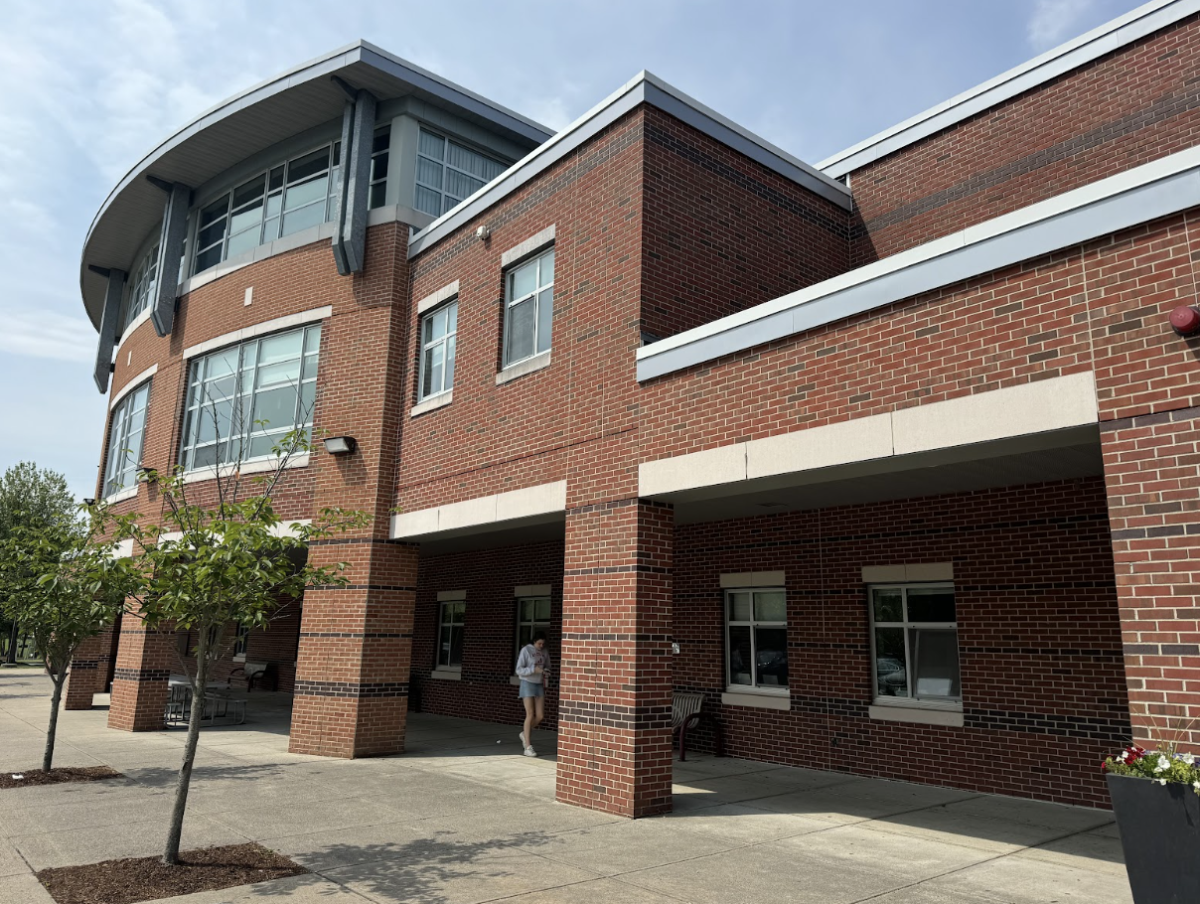




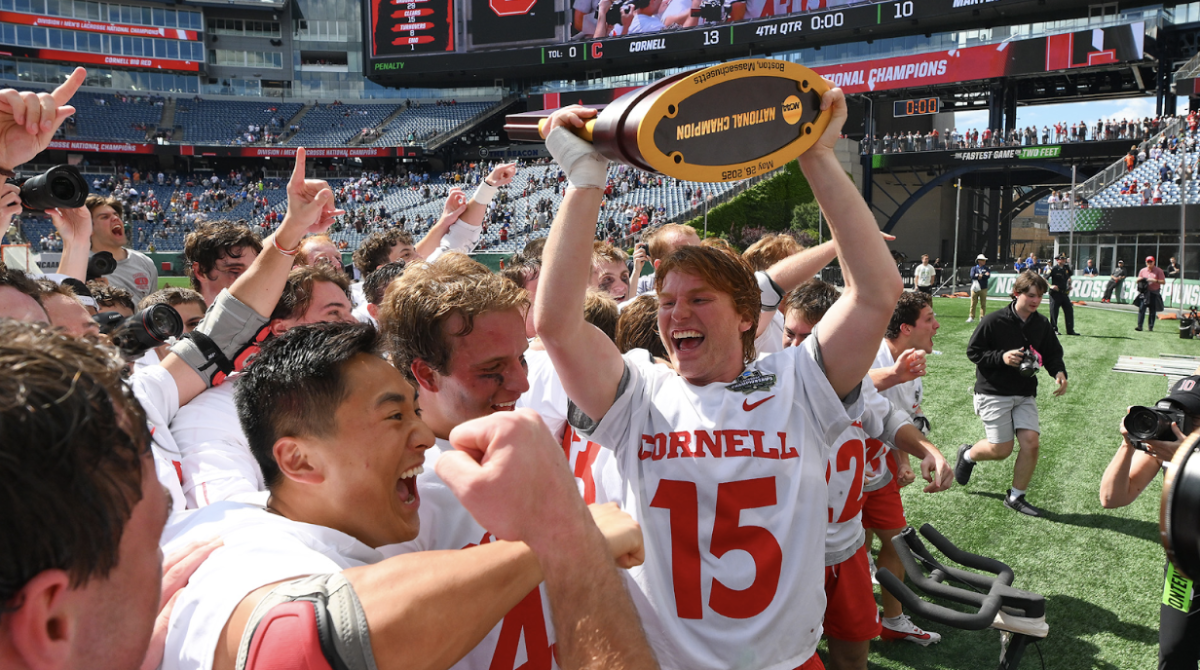





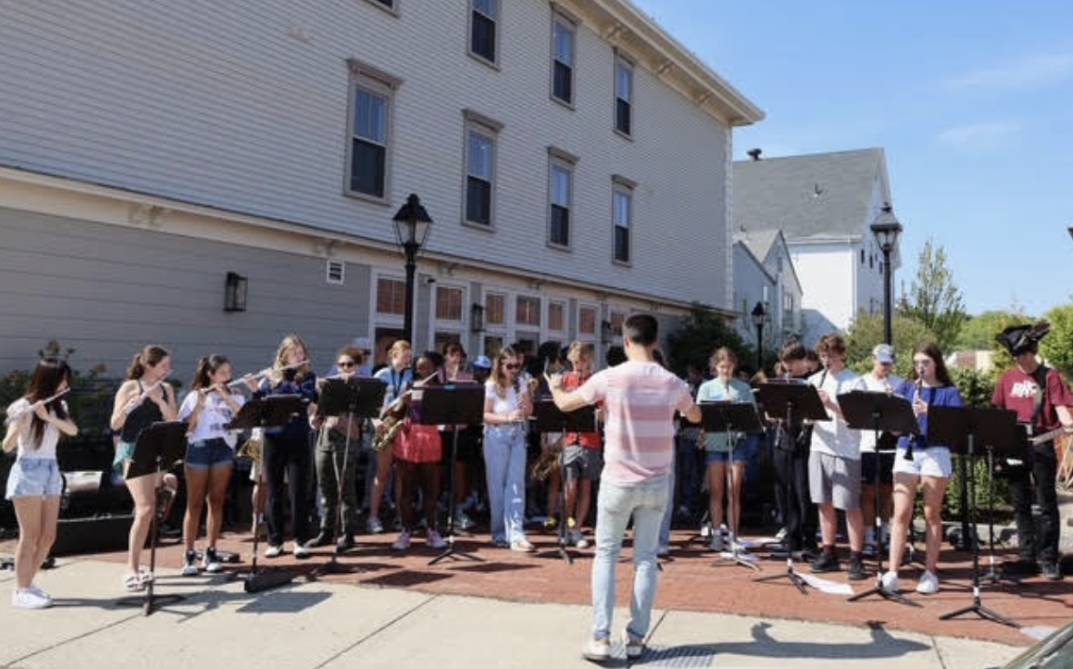




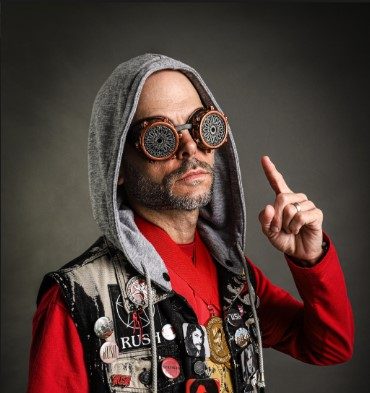
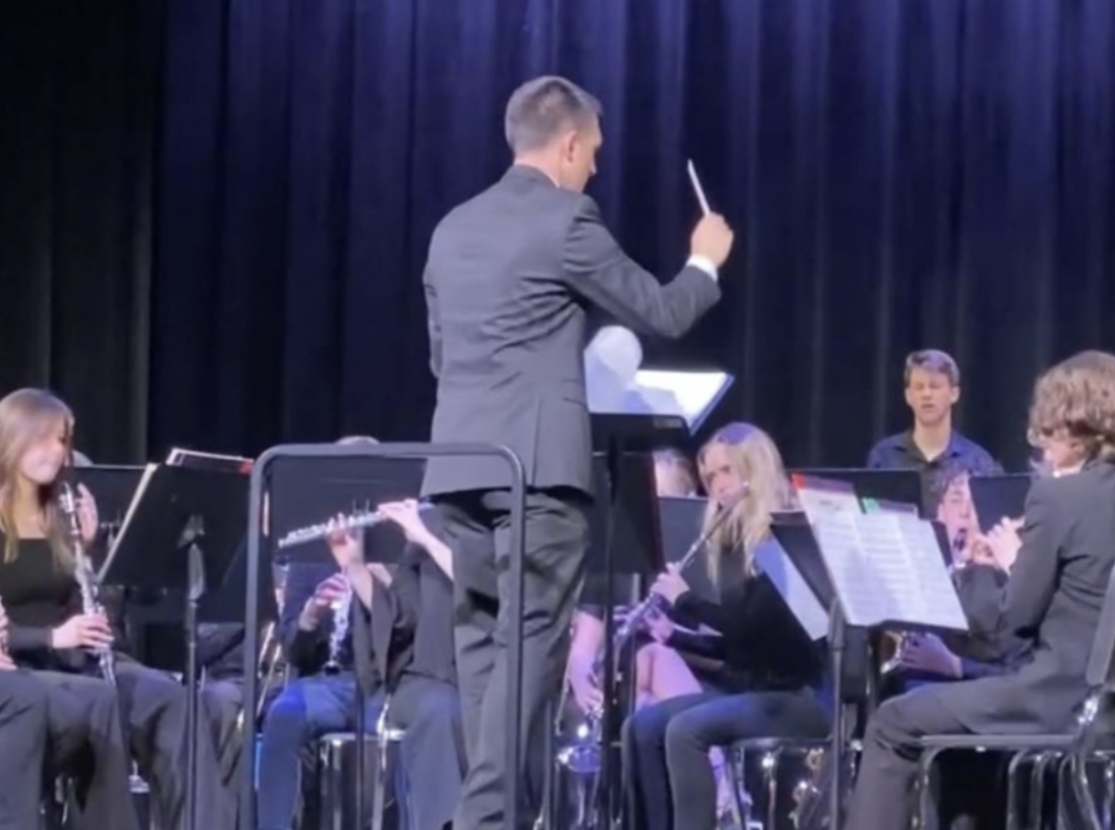





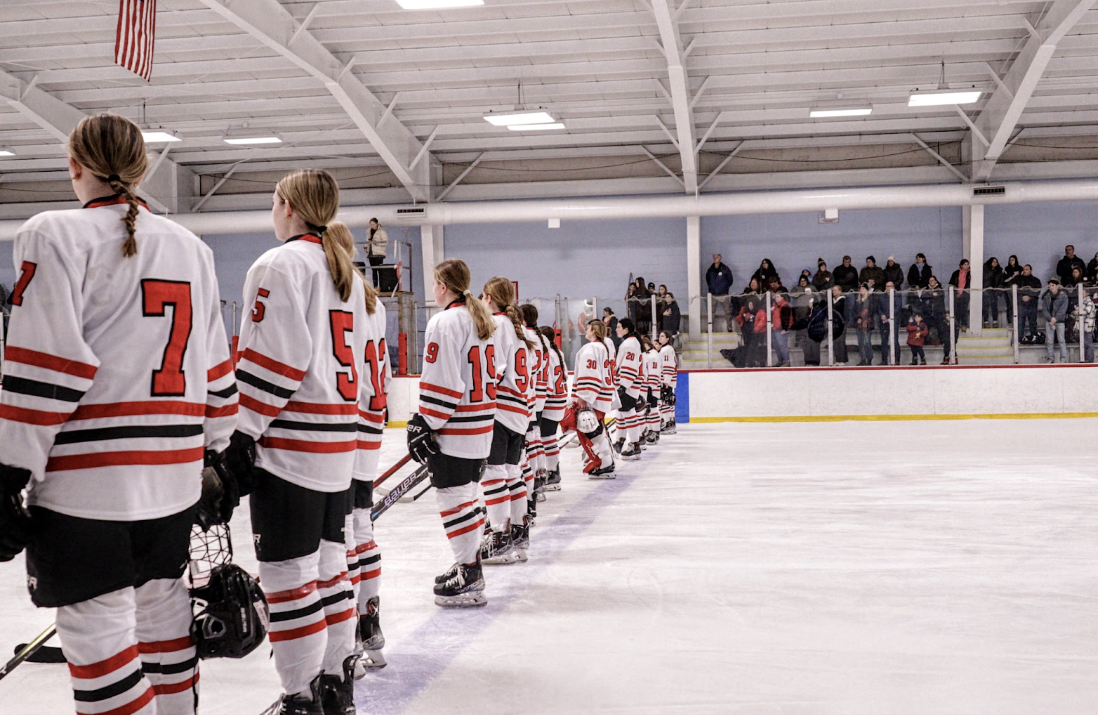
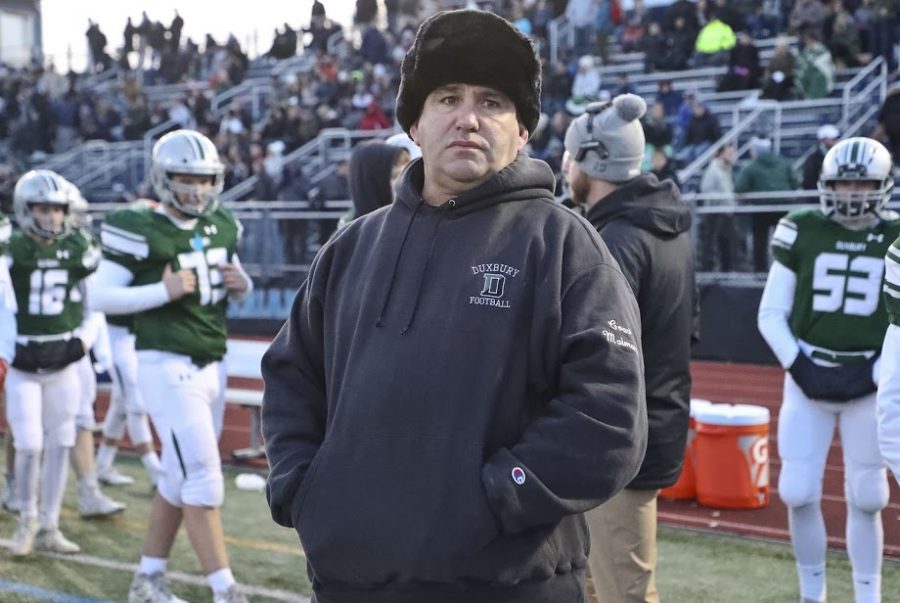



Ed Robin • Mar 31, 2021 at 9:27 am
Well stated and actions quickly taken by school quickly and with good reason!